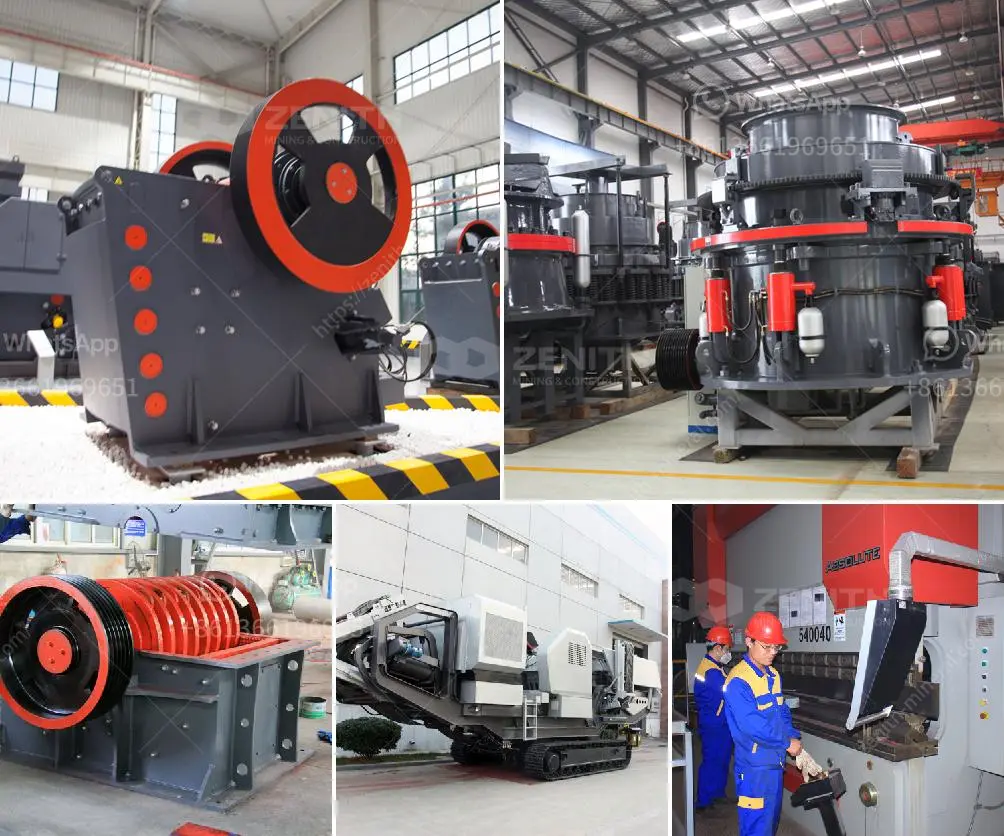Increasing crusher speed can potentially lead to higher output, but it's not always the best approach in every situation. Several factors need to be considered:
Material Characteristics: The type of material being processed can significantly affect the optimal speed. Harder materials may require slower speeds to ensure effective crushing and minimize wear and tear on the machinery.
Crusher Type: Different crushers are designed to operate at different speeds. For example, cone crushers might benefit from higher speeds, while jaw crushers typically operate at lower speeds.
Output Quality: Higher speeds could lead to more fines and a less uniform product size, which may not be desirable depending on the application requirements.
Equipment Wear and Maintenance: Running a crusher at higher speeds can increase wear on the machine's components, leading to more frequent repairs and higher maintenance costs.
Power Consumption: Increased speed may also lead to higher energy consumption, which can affect the overall cost-effectiveness of the operation.
Operational Constraints: Other bottlenecks in the processing line could negate the benefits of increased crusher speed if they cannot handle the higher throughput.
Ultimately, while increasing speed can lead to higher output, it is crucial to consider these factors and optimize the speed based on the specific circumstances to ensure balanced performance, efficiency, and longevity of the equipment.
